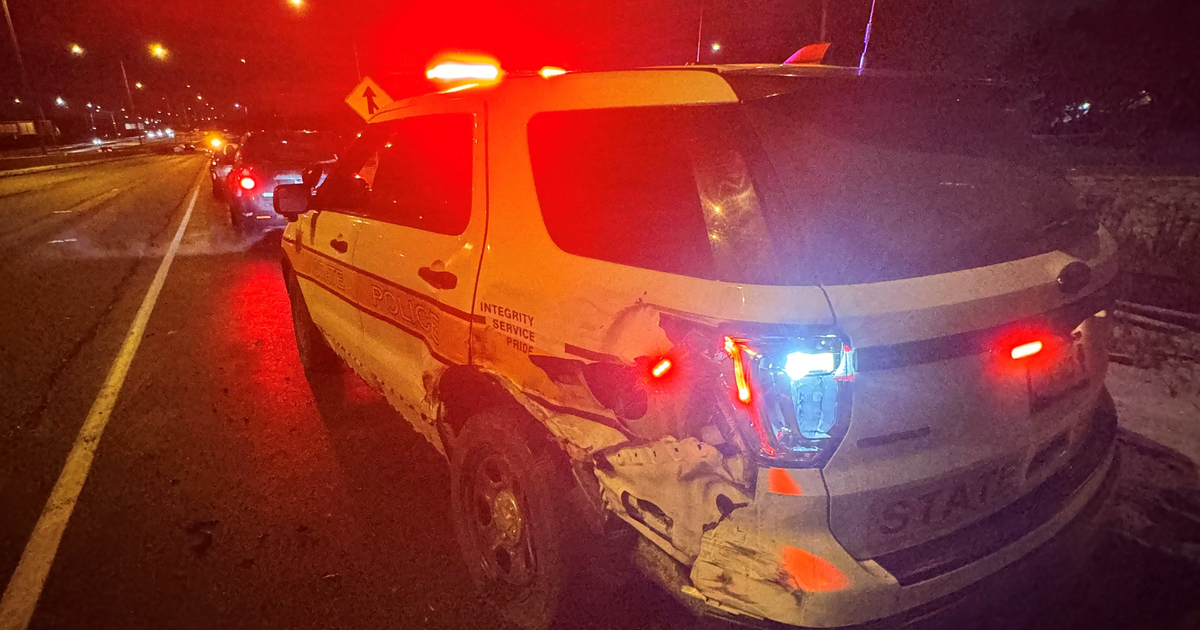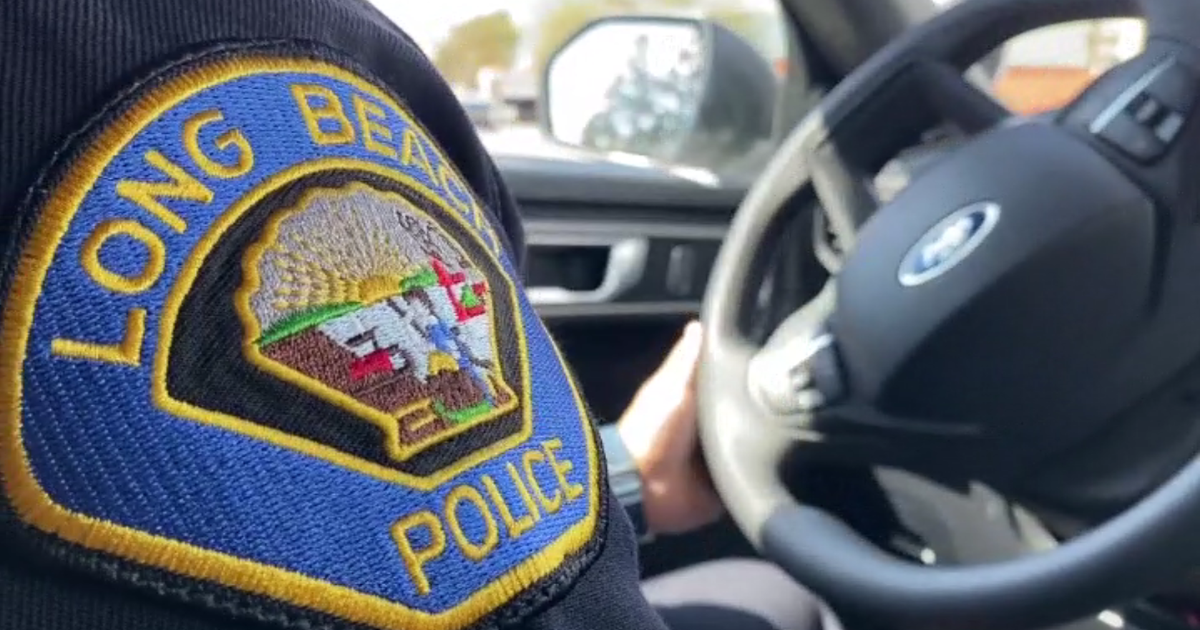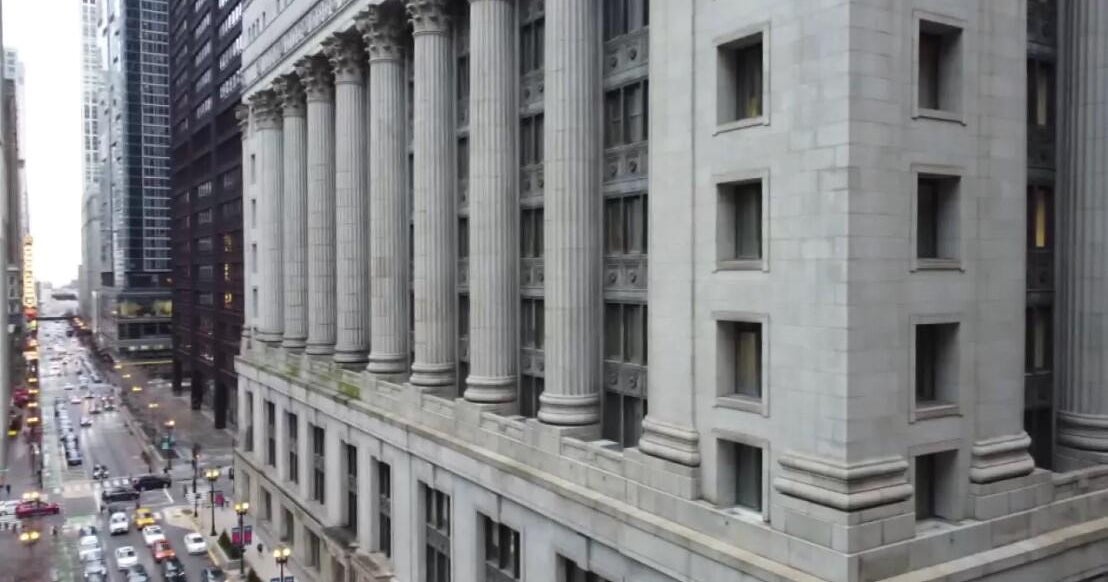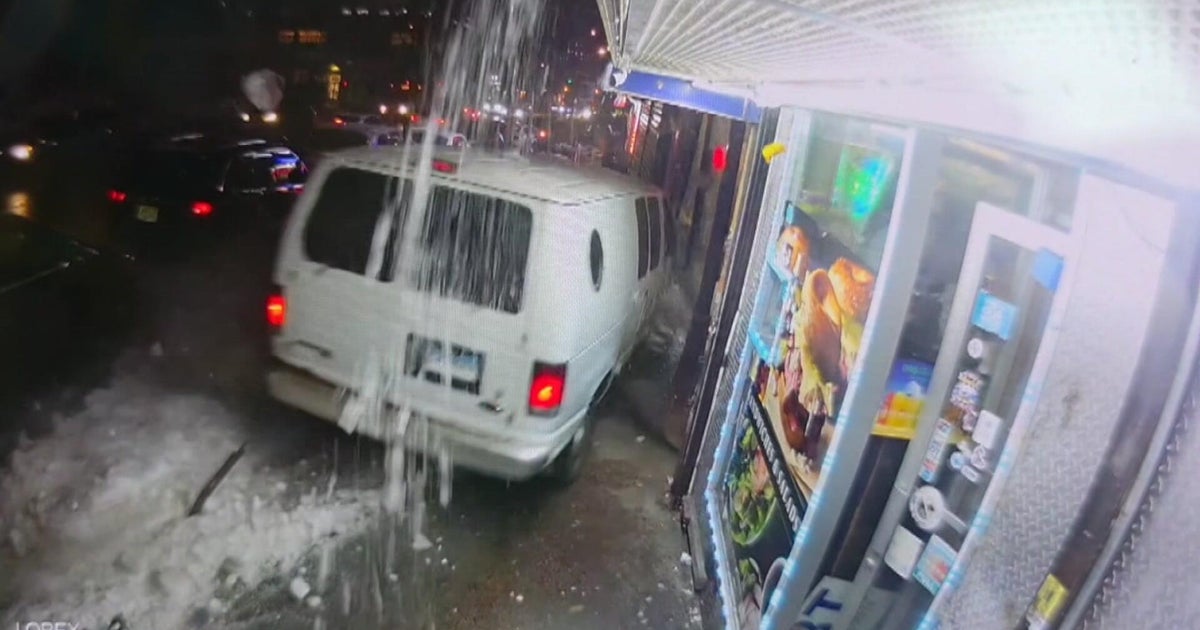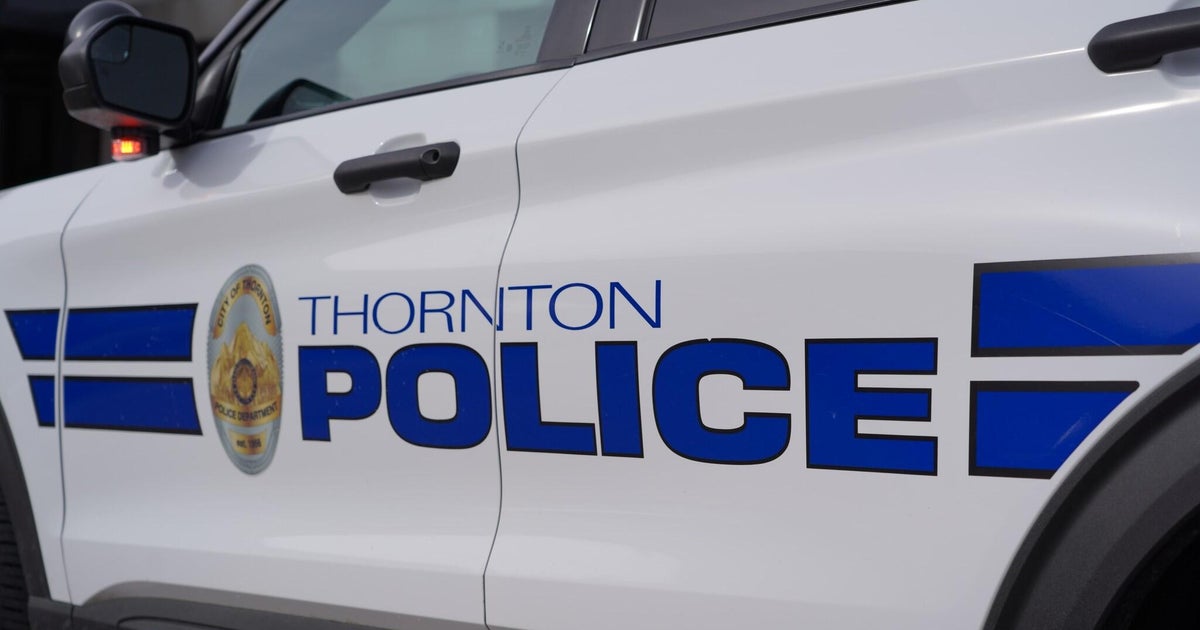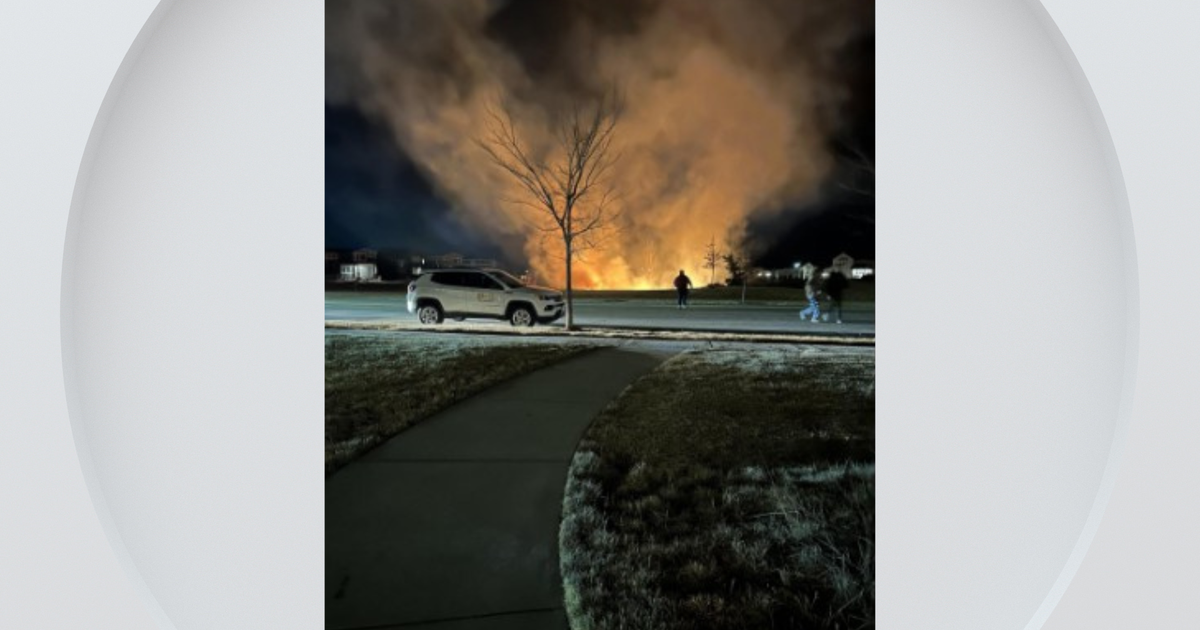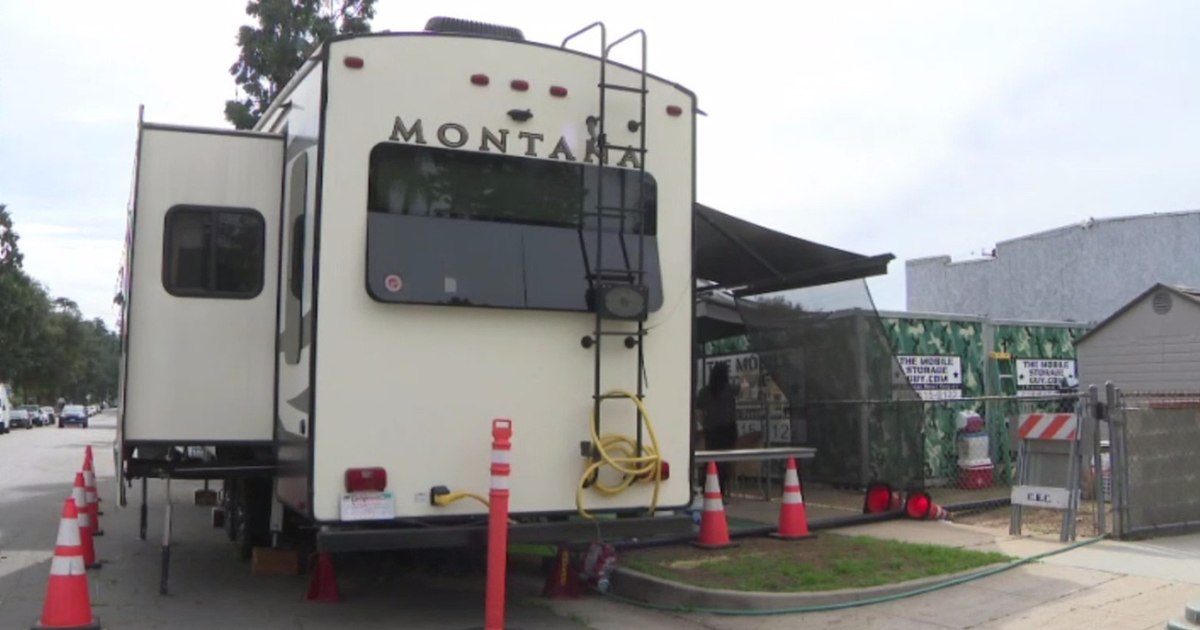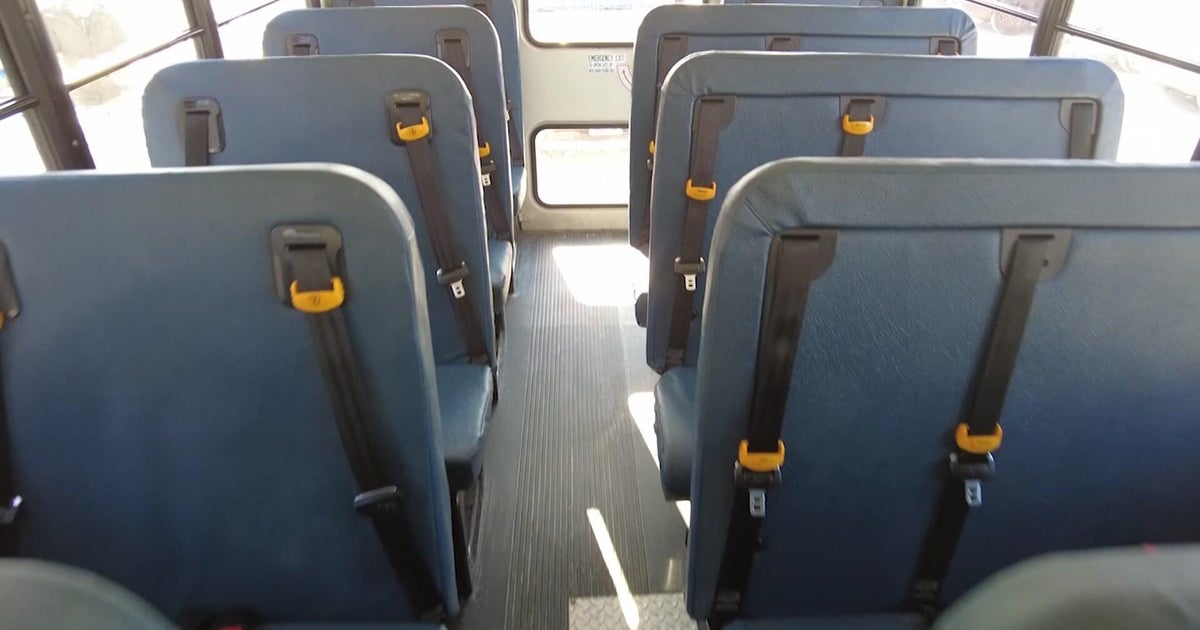Drivers Beware Of The 'Stop Trap'
CHICAGO (CBS) - You've heard of speed traps, designed to catch drivers who find themselves in a sudden, dramatically reduced speed limit? Now there's something new in the Chicago suburbs and some are calling them "stop traps."
These are confusing signs, rules and cameras going after drivers turning right on red. CBS 2's Mike Parker issues a warning, "drivers beware."
Barnet Fagel is a video forensic expert who bills himself as the "Ticket Doctor" and for years has been battling the way red light cameras are used to nail drivers. Fagel's latest crusade is against what he calls "stop traps."
"The trap," Fagel says, "comes when certain signs are not visible from the normal viewing area of a car."
He points to the intersection of Willow and Waukegan Roads in Northfield where, next to the right turn lane, the last presumably most visible warning sign saying "no turn on red" is virtually obscured and stuck behind two trees.
Joe Kaszynski turned right on red at the intersection and received a $100 dollar ticket with photos in the mail, "I was very surprised, I didn't see the sign that said no turn on red."
In fact, drivers can get a flash photo ticket even if their front wheels simply roll inches past the white line.
Then there's the intersection of Washington and Roosevelt in West Chicago in which Fagel says he hates, "it's designed for profit."
The overhead traffic lights are hard to see in the glare of the sun and the white line where drivers must stop before turning right is worn away, virtually invisible.
Motorist Jason Korpala tried to use all that as a defense in court. "The hearing officer," Korpala says, "did not allow us to enter any of that stuff in our case and basically just said I was guilty and gave me the fine. I think it's wrong."
Northfield and West Chicago are contracted with two different camera companies to install their systems. The deals work like this; the suburbs split the take from the fines with those firms and many critics say the gadgets are more concerned about revenue than traffic safety.
A West Chicago spokesman disagreed, saying "I know they're unpopular but we're accomplishing the mission of safer driving."
